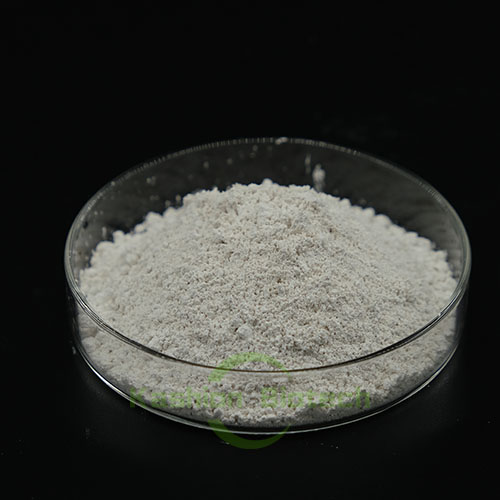
Home Products Low Temperature Resistant Bacteria Low Temperature Bio-Enzyme In Winter

Cryogenic bacteria can survive at 0 ° C and grow and reproduce below 15 ° C. They are called cold-adapted microbes, which adjust their metabolic activities to adapt to low temperature environment by producing cold-active enzymes. The cryogenic microorganisms that have been found include eubacteria, cyanobacteria, yeasts, fungi and algae, as well as autotrophic bacteria and heterotrophic bacteria, aerobic bacteria and anaerobic bacteria.
Cold-tolerant bacteria can tolerate transient temperature fluctuations, so the ecological distribution of cold-tolerant bacteria is more extensive than that of cold-philic bacteria, and can be isolated from normal cold to unstable low temperature environment.
The representative genera of cold-tolerant bacteria showed high catalytic activity under the condition of 20-25 ℃, while the catalytic activity of their homologous mesophilic bacteria decreased greatly. Therefore, in cold areas or in the state of low environmental temperature, most mesophilic bacteria have basically lost the ability to metabolize exogenous substances, but cryogenic bacteria play a major role in the process of removing pollutants in the environment (including sewage):
* Treatment of domestic sewage: adding cold-resistant complex bacteria in the aeration tank can increase the COD removal rate from 35% to 89%.
* Nitrogen and phosphorus in sewage: using cold-resistant filamentous cyanobacteria, it has a high removal rate of nitrogen and phosphorus at low temperature
Degradation of petroleum hydrocarbons: Isolation of cryogenic microorganisms from soil, freshwater and Marine systems that can utilize a broad spectrum of petroleum hydrocarbon pollutants present in the natural environment as the sole source of energy and carbon
* Degradation of fat substances: isolated from refrigerated food can degrade fat substances cold-resistant bacteria, can decompose fat at low temperature, treatment of slaughterhouse wastewater and dairy wastewater at low temperature.
* Treatment of sulphate wastewater: Sulphate can be reduced at low temperatures. Using sulphate reducing bacteria isolated from low temperatures to treat sulphate wastewater can save the cost of insulation or heating.
Name: Nicole Yu
Mobile:+86 17718148007
Tel:+86 17718148007
Whatsapp:8617718148007
Email:sales@kashionbiotech.com
Add:No.6, Zhanxi Road, Yaohai District, Hefei City, Anhui Province, China.